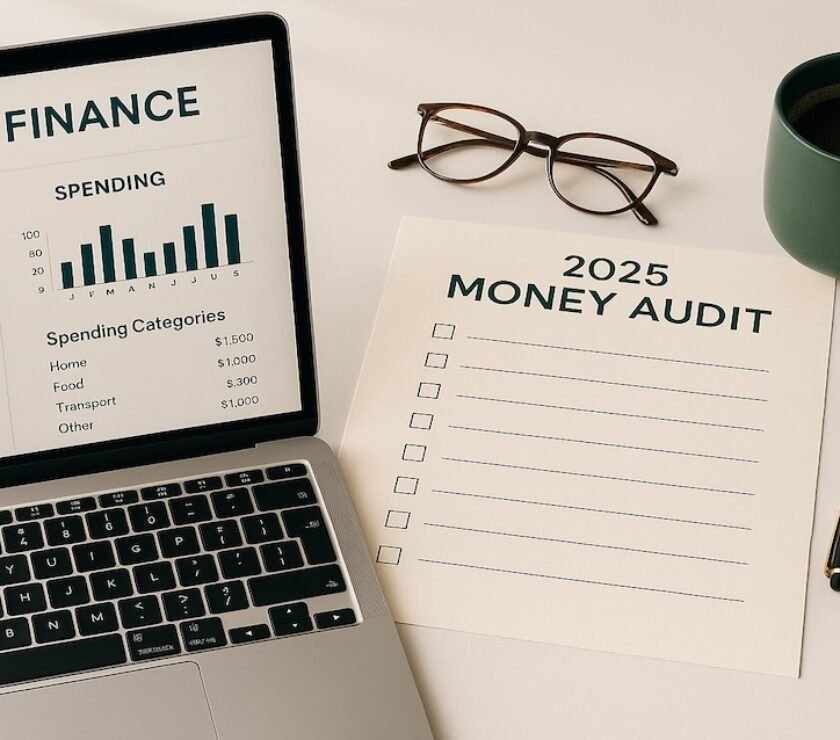Buying a house is often seen as a major life milestone, but there’s a lot of pressure and misinformation surrounding when and how to do it. You’ve probably heard advice like “Get in the housing market as soon as you can” or “It’s okay to be house poor.” While well-intentioned, these suggestions might not be the best for everyone.
The truth is, there’s no one-size-fits-all approach to homeownership. Your personal financial situation should be the primary factor in deciding when to buy a house. Let’s explore why waiting until you’re financially stable – even if that’s in your 30s or 40s – might be the smarter choice.
Financial Stability First
Before diving into homeownership, it’s crucial to have a solid financial foundation. This means:
- Having a stable income
- Building up an emergency fund
- Paying off high-interest debt
- Saving for retirement
- Having a good credit score
When you’re financially stable, you’re better equipped to handle the costs of homeownership, which go beyond just the mortgage payment. You’ll need to consider property taxes, insurance, maintenance, and unexpected repairs.
The Pitfalls of Buying Too Soon
Rushing into homeownership before you’re ready can lead to several problems:
- Financial stress: Being “house poor” means most of your income goes towards housing costs, leaving little for other expenses or savings.
- Limited flexibility: Owning a home can make it harder to relocate for better job opportunities.
- Missed investment opportunities: Tying up all your money in a house might prevent you from diversifying your investments.
- Maintenance challenges: If you can’t afford proper upkeep, your home’s value could decrease over time.
Benefits of Waiting
Delaying homeownership until you’re financially stable can have several advantages:
- More savings for a larger down payment
- Better mortgage terms due to a higher credit score
- More time to research and find the right property
- Ability to afford a home that better fits your long-term needs
- Less financial stress and more enjoyment of your home
Remember, renting isn’t “throwing money away.” It provides flexibility and frees you from many of the costs and responsibilities of homeownership.
FAQ
Q: But won’t house prices just keep going up? A: While real estate generally appreciates over time, markets can fluctuate. Buying at the wrong time or in the wrong location can lead to losses.
Q: What if I miss out on building equity? A: Building equity is great, but it’s not the only way to build wealth. Investing in a diverse portfolio can often yield better returns than real estate.
Q: How do I know when I’m financially ready to buy a house? A: A good rule of thumb is when you can afford a 20% down payment, have a stable income, an emergency fund, and your total housing costs won’t exceed 28% of your gross monthly income.
Resources
- Consumer Financial Protection Bureau: Home Buying Resources
- National Association of Realtors: Home Buying and Selling
- Bankrate: Mortgage Calculator
- The Balance: First-Time Homebuyer Guide




